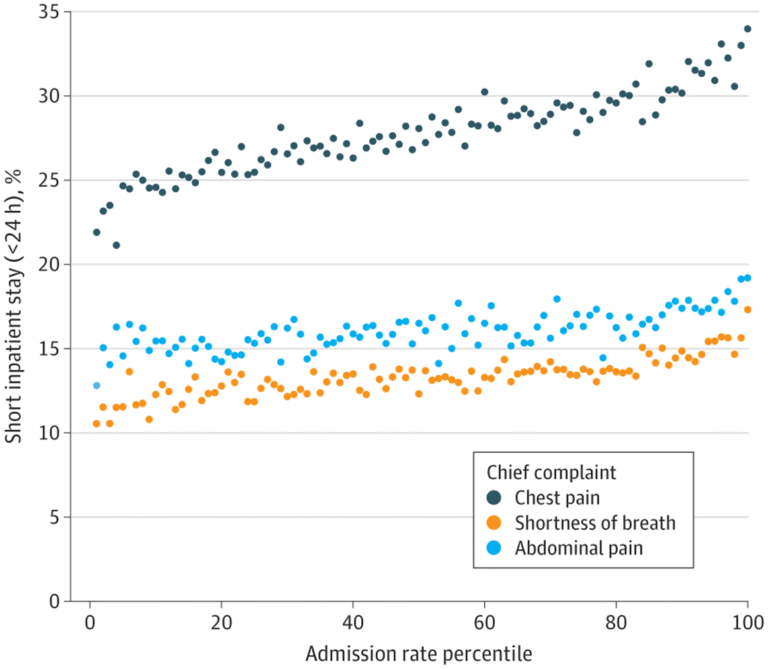
Similar Posts

Why Tall People Feel So Intimidating. A Surprising Explanation.
BypeterAdmit it: you can often tell a lot about a person’s personality from their facial expressions. Someone who glowers at you, forehead contracted in a glare, is probably trying to be intimidating. But what if that person isn’t glaring at you? What if they are simply so tall that, with their head tilted down to…

Promoting Exercise through Gamification – Making Physical Activity More Fun?
ByadminI don’t know how many coaches told me “no pain, no gain.”

Getting What You Want At The End Of Life – Lessons From A Dying Man
Byadmin2Many people die in ways, and even in locations, that go against their preferences. They don’t want to be put on ventilators and, yet, spend their last days in intensive care units tethered to breathing machines. They don’t want cardiopulmonary resuscitation (CPR), and, yet, receive full-on “codes” when their hearts stop.
Much of this unwanted care could be avoided if patients (aka: “people”) discussed their treatment preferences with their clinicians.

Time To Ban Kid-Friendly Flavors For E-Cigarettes
BypeterCinnamon. Buttered popcorn. Strawberry and banana. Yummy tastes and smells that have lingered in my TV room, after my teenage son and his friends finish vaping. E-cigarette companies like Juul are creating flavors designed to lure young customers, following a tradition established by their cigarette-manufacturing predecessors. For a while, the Trump administration appeared poised to…

When The Doctor Is A Sieve, It Strains All Our Resources
Byadmin2In residency, we had a term for ER docs who always seemed to find an excuse to admit patients to the hospital. We called them sieves. Recent evidence suggests that sieves in the ER drive up costs, workloads, and hospital utilization; but they do not save lives.

An Unbelievable Study Proves—College Students Make Rational Sex Decisions?!
Byadmin2“Young adults make rational sexual decisions.” What does this reveal about the way young adults make sexual decisions?
